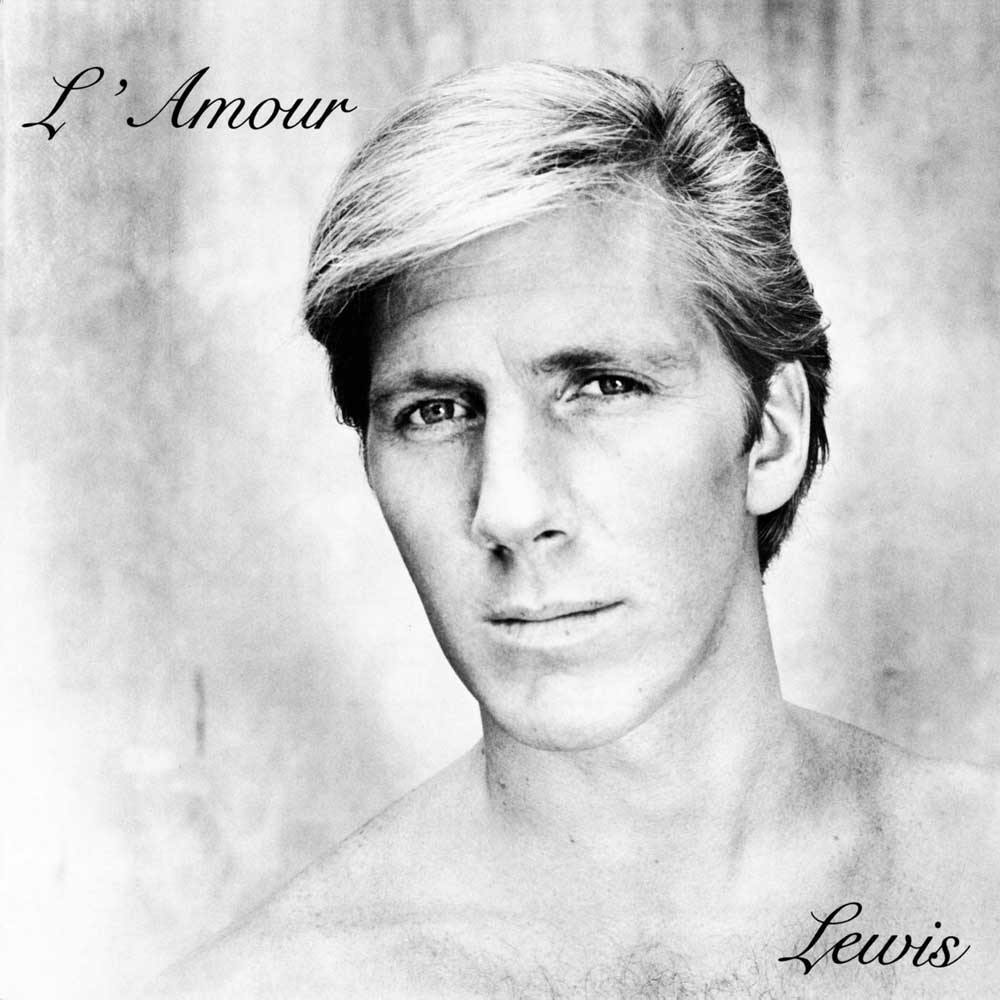Album reviews
Published 12:00 am Friday, July 18, 2014

- Lewis, "L Amour"
Brian Eno and Karl Hyde
“HIGH LIFE”
Warp Records
In the same way that there’s no such thing as a terrible Pablo Picasso painting, it’s hard to imagine Brian Eno releasing a record worthy of dismissal, let alone contempt.
Some of his 50-odd solo and collaborative albums may be more difficult than others. A few may require you abide by the composer’s request that listeners experience them as background music. Still others, like “High Life,” his new collaboration with Underworld’s Karl Hyde, succeed through monumental propulsion, more concerned with textures than with the gymnastic hooks of his early rock classics “Here Come the Warm Jets” and “Taking Tiger Mountain … By Strategy.”
The team weaves electronic tones, human voice and hypnotic rhythms to create a beefy work designed for maximum volume.
“High Life” takes its name in part from a style of western African pop featuring shimmering guitar lines and danceable rhythms, a philosophy that drives big chunks of the record’s six songs. But from the first ringing guitar riff of “Return,” the Eno-Hyde filter channels myriad influences, including the classical minimalism of Steve Reich and the techno minimalism of electronic dance music.
The best track, and an essential Eno work in the larger scheme, is “Lilac.” Describing a lilac door “made of something like light, but not,” the piece is nine-plus mesmerizing minutes that roll along the same speedy groove, a meditation that seems to fly by in seconds.
— Randall Roberts,
Los Angeles Times
Braid
“NO COAST”
Topshelf Records
Let the Great Emo Revival continue! Braid, one of the genre’s pioneers, is back with “No Coast,” its first album since 1998’s “Frame and Canvas.” By picking up where they left off, the Illinois band’s combination of hardcore punk guitar virtuosity and emotional lyrics now sounds a little retro.
“Put Some Wings on That Kid,” even with its complicated rhythms, shows where Fall Out Boy came from. There’s some Taking Back Sunday in “East End Hollows.” But the anthemic “This Is Not a Revolution,” mixing Modest Mouse and barely veiled rage about income inequality, shows Braid still has plenty of great new ideas.
— Glenn Gamboa,
Newsday
Mary Gauthier
“TROUBLE AND LOVE”
In The Black Records
On the title song of “Trouble and Love,” Mary Gauthier confesses to having “a heart full of hurt.” Does she ever. But heartache can be a powerful muse, and a writer who has always cut close to the bone does so again as she chronicles the wrenching aftermath of a romantic breakup.
As usual, Gauthier builds her power through understatement. She sings terse and searingly precise lyrics in an almost soothing Louisiana drawl as the songs, set to sparse arrangements, unfold at a leisurely pace. “You sit there in the rubble till the rubble feels like home,” she sings on “How You Learn to Live Alone.” The track “Another Train” concludes this intensely focused song cycle on a hopeful, if not necessarily happy, note that feels as real as everything that has come before.
— Nick Cristiano,
The Philadelphia Inquirer
Chicago
“NOW: XXXVI”
Universal Music Group
Chicago has been much in evidence lately. They collaborated with Robin Thicke on January’s Grammy telecast. They appeared in Larry David’s outrageous HBO flick “Clear History” (in which every girlfriend of David’s character had relations with several band members). At the very least, the brassy R&B/jazz outfit has finally outrun the ghost of the ’80s power-ballad sound foisted on it by the legendarily lame Peter Cetera.
On “Now: XXXVI,” cofounders Robert Lamm, James Pankow, Walter Parazaider, Lee Loughnane and some newer Chicagoans sound closer to their rough roots than they have since their first albums. The CD’s arrangements may not be quite as raunchy or contagious as “25 or 6 to 4,” but cuts like “Free at Last” come close in punch and gruffness, with a nod to Chicago’s psychedelic start on “Another Trippy Day.” While maintaining its robust brass sound (those trombones!), Chicago hasn’t forgotten the luster of its harmony vocals (“This is the Time” could be disco-era Bee Gees) or the rich romanticism of a good slow song.
The first 10 Chicago albums set the gold standard for blue-eyed, big-band rock-and-soul. “Now” sounds like Chicago wants that feeling back.
— A.D. Amorosi,
The Philadelphia Inquirer
Lewis
“L’ AMOUR”
Light In The Attic Records
The artist is a mystery: Randall Wulff recorded 10 songs in Los Angeles in 1983 and released them on a privately pressed vinyl album under the pseudonym Lewis. The record went unnoticed until a collector in Edmonton, Canada, picked it up at a flea market in 2007 and heard something special. Now, “L’Amour” receives its first wide release, although no one has been able to track down Wulff himself.
The music is mysterious, too: slow, spare, soulful, seductive. Wulff sings these melancholy love songs in an intimate, drowsy croon, accompanying himself with minimal piano or guitar lines and backed by Philip Lees’ spacey waves of synthesizer chords. It’s outside of time and place: Wulff’s contemporary Arthur Russell comes to mind, as does ours, James Blake. Vive L’Amour!
— Steve Klinge,
The Philadelphia Inquirer






